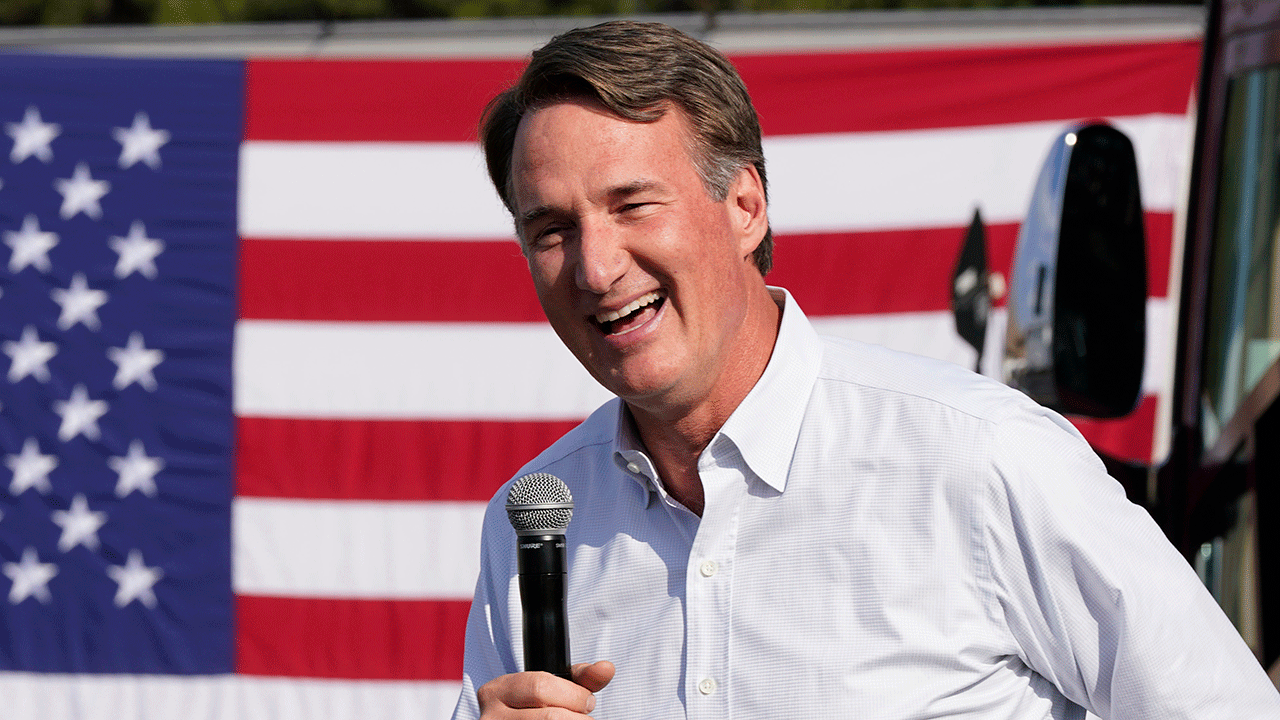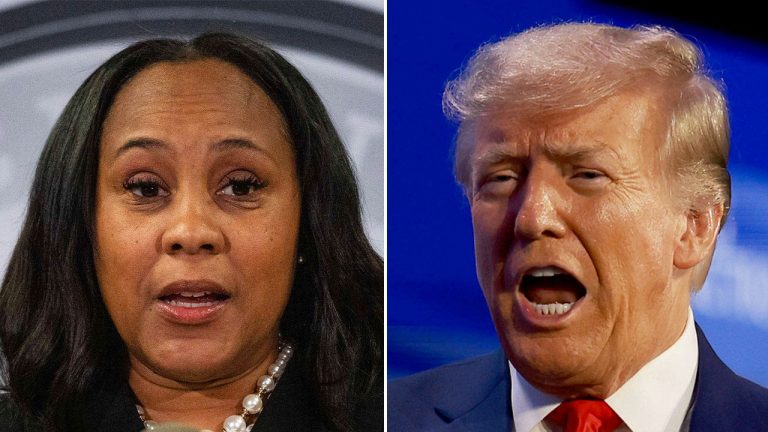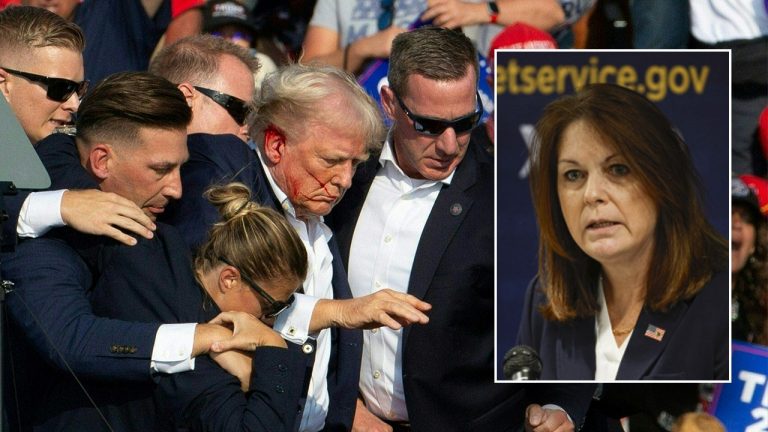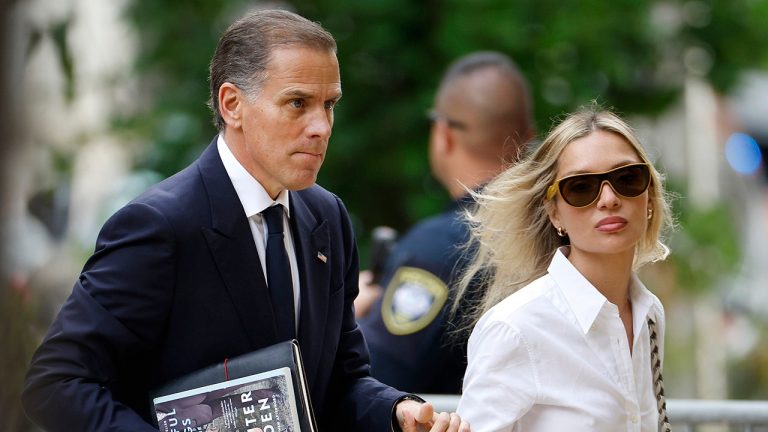Youngkin says no to many Virginia bills, including one about birth control access.
Virginia Governor Glenn Youngkin made a bold move late Friday by vetoing several bills from the final batch of the year’s regular legislative session. Among the rejected legislation were measures aimed at protecting access to contraceptives and allowing small businesses to host skill games reminiscent of slot machines.
Youngkin, a Republican, initially proposed amendments to the bills, which were ultimately dismissed by the Democratic-controlled General Assembly. In a statement released at night, he expressed his willingness to work with the legislature on the issues at hand but decided to veto measures that he deemed “not ready to become law.”
In total, Youngkin signed seven bills into law and vetoed 48, including the Right to Contraception Act approved by the Democrat-controlled Virginia Senate and House of Delegates. Dismissing the bill, Youngkin emphasized his support for access to contraception but cited concerns regarding potential violations of Virginians’ religious freedoms, asserting that such access is already secured under the Constitution.
The vetoed bill defined contraception, prohibited any restrictions, and established enforcement through civil penalties, as reported by WRC-TV. Youngkin initially offered a substitute measure reaffirming Virginians’ right to access contraception in accordance with existing Supreme Court precedents. However, when the motion expired and the original bill was once again presented to him, he ultimately vetoed it.
Highlighting the importance of quality healthcare for women and the role of contraception in reducing abortions and promoting a family-friendly environment in Virginia, Youngkin underlined the necessity of including robust conscience clause protections for healthcare providers and upholding parents’ fundamental rights in making decisions concerning their children’s welfare.
Youngkin criticized the vetoed bill for creating an “overly broad cause of action against political subdivisions, parents, and medical professionals acting within their scope of practice.” He also emphasized the absence of adequate conscience clause protections for healthcare providers and highlighted the undermining of parents’ rights in the bill.
Responding to the criticism, state party chair Susan Swecker condemned Youngkin’s veto, alleging his disregard for Virginians’ health and rights. Despite the backlash, Youngkin stood firm in his decision, maintaining that the vetoed bills did not sufficiently address the complex issues at play while failing to provide adequate religious or parental protections.
Youngkin’s veto of the skill games measure, a contentious issue throughout the year, was widely anticipated. The governor had sought significant revisions to the bill, including a higher tax rate and stricter restrictions on the locations where the games could be operated. His proposal to implement a 35-mile radius ban around casinos, racetracks, and gambling facilities was ultimately rejected by the Legislature.
Additionally, Youngkin vetoed a measure that would have revoked recordation and property tax exemptions for the United Daughters of the Confederacy, a historic women’s organization in Richmond known for its association with Confederate monuments. Advocates of the measure argued that the group’s priorities were incompatible with contemporary values.
In conclusion, Governor Glenn Youngkin’s recent veto decisions have sparked debate and controversy in Virginia’s legislative landscape. While some applaud his efforts to uphold religious freedoms and parental rights, others criticize his stance on key issues such as access to contraceptives and skill games. As the political discourse unfolds, the consequences of these vetoes are likely to resonate across the state, shaping the future direction of policy and governance in Virginia.








